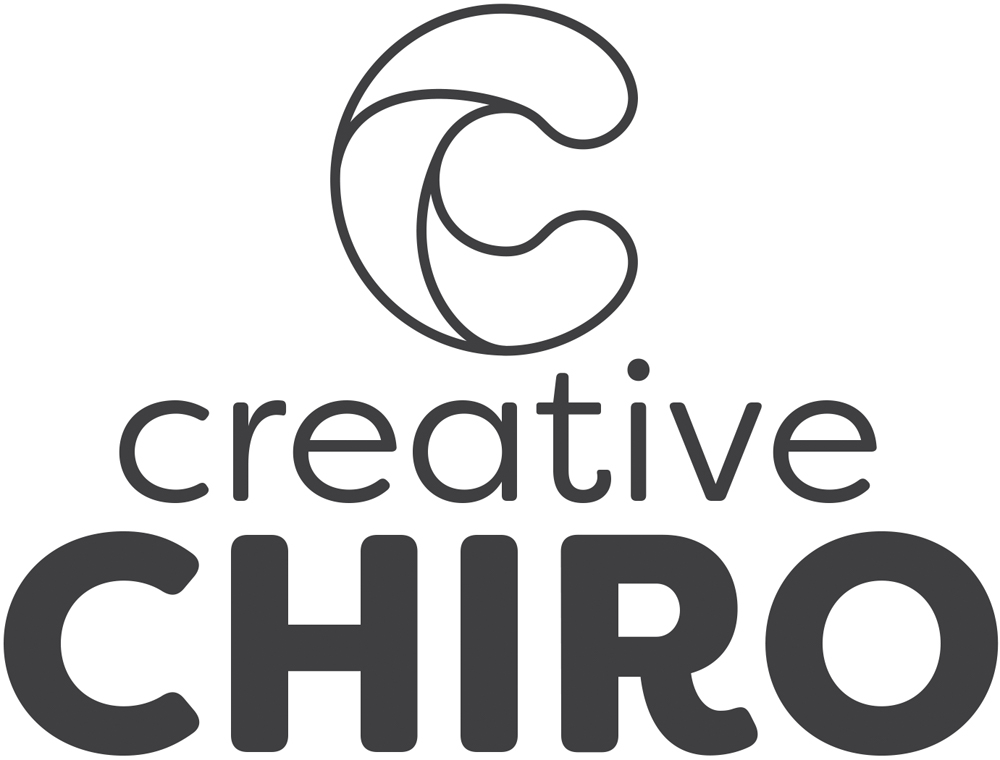Is it more than the weather making you SAD?
Seasonal Affective Disorder (SAD) is a type of depression that comes and goes with the seasons, typically starting in the late Autumn and early Winter and going away during the Spring and Summer. Whilst this type of clinical depression will affect only a minority of people, many of us do experience post-Christmas blues in January and February which can sometimes lead us to a place where we long for the brighter, warmer days of Spring. However, new research is showing that some ‘comfort foods’ may also be making us sad.
Reaching for unhealthy snacks when the panic of a deadline has us shackled to the desk and computer will not only sabotage our fitness levels but can also negatively impact upon our mental health. Scientists at Cardiff University ran a trial highlighting possible associations between the type of snack consumed and the effect it had on our wellbeing.
The trial used 100 volunteer students (average age 19 years; 73 female, 27 male) who completed online questionnaires measuring their anxiety and depression levels. The trial looked at their parameters of somatic symptoms (physical symptoms that occur within the body which include fatigue, headaches, stomach aches, gastrointestinal discomfort, lack of appetite and insomnia). It also looked at their cognitive difficulties and their levels of distress.
They were then randomly assigned to 1 of 2 snacking conditions: 1. Chocolate or Crisps 2. Fruit.
Volunteers consumed one snack item in the mid-afternoon each day for 10 days. At the end of the intervention the volunteers completed the questionnaires again. Those snacking on the crisps and chocolate exhibited greater symptoms of depression, fatigue and emotional distress in just 10 days. Those with a fondness for Tyrell’s cheddar and chive flavoured crisps had a 47% increase in depressive traits! However, those that munched into a piece of fruit experienced none of this; instead they became 32% less anxious.
Conclusions
While the researchers did not pinpoint the exact reason as to why the fruit group felt so much happier, the answer might lie in the fruit’s ability to spike the brain’s production of serotonin, which is the body’s feel good neurotransmitter that can help to bring about a happier state of mind and reduce anxiety.
So, while the old saying tells us that ‘an apple a day keeps the doctor away’, snacks that rely on fruit for their sweetness may also provide a far more satisfying alternative in keeping us more ‘chilled’. These results give an interesting and clear indication of the causal effects that different types of foods involved in snacking can have on our wellbeing.
So what sort of foods are there to consider that have the positive effects described above?
Blueberries – These are full of antioxidant flavonoids that have a positive impact on brain health and can increase happiness levels.
Brazil Nuts – These are a great source of selenium. Evidence has indicated that low levels of this within the body has been linked to increased levels of anxiety and depression.
Dark Chocolate – A small square of 75% (or greater) cacao solids consumed daily can cause the brain to release endorphins, the happy hormones, which means we produce fewer stress hormones.
Bananas – This supports the absorption of tryptophan in the brain where vitamin B6 converts this into another happy hormone, serotonin.
Peanut butter – who does not like this spread onto their morning piece of toast? It is high in magnesium which plays a vital role in brain function and mood regulation.



